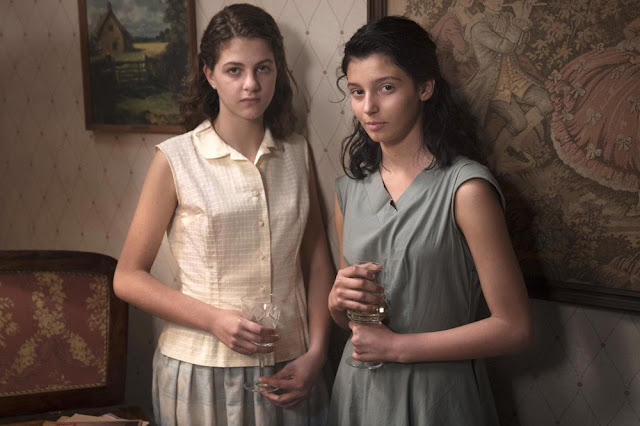El ascenso de un imperio: Otomano / Rise of Empires: Ottoman / El gran Imperio otomano
(Español / English)
Este docudrama turco nos relata el asedio y caída de la ciudad de Constantinopla, capital de lo que quedaba del Imperio Romano de Oriente o Bizantino en poder de los turcos otomanos en 1453, a la vez que constituye una biopic del joven sultán Mehmed II, que comandaba el Imperio Otomano y las tropas vencedoras. Este hecho histórico marcó el fin de la Edad Media y el comienzo de la Edad Moderna, por la consecuente expansión marítima de las potencias europeas para crear otra ruta de las especias, cuya principal consecuencia inmediata fue el “descubrimiento” de América.
Como en todo docudrama se alternan no muchas intervenciones de catedráticos de historia (algunas ciertamente redundantes) con flashbacks con dramatizaciones de la vida del sultán Mehmed II, (un joven ilustrado, tenaz, arrogante y audaz y que accedió precozmente al poder), escenificaciones de las batallas (con personas y digitales) y muy buenos diagramas y mapas animados sobre las batallas y las estrategias y tácticas bélicas, terrestres y navales. Debemos tener en cuenta que Constantinopla contaba con un formidable sistema de murallas que sumado a su ubicación geográfica la tornó inexpugnable durante siglos.
La mirada es objetiva, sin buenos ni malos. Las intrigas y los estamentos del poder, el papel de los mercenarios genoveses, las diferencias religiosas, las tácticas y la ingeniería de la guerra, con el empleo de enormes cañones y el sistema político del sultanato otomano están bien descriptos (aunque con algunas contradicciones este último). La recreación de época está lograda y el desarrollo no lineal de la historia contribuye a la dosificación de la información y a mantener el interés.
Acaso podría haber sido más breve, pero la serie, sin ser apasionante,
mantiene el interés a pesar de referirse a un episodio cuyo final conocemos
casi todos.
This Turkish docudrama tells us about the siege and fall of the city of Constantinople, capital of what remained of the Eastern Roman or Byzantine Empire in the power of the Ottoman Turks in 1453, as well as a biopic of the young Sultan Mehmed II, who he commanded the Ottoman Empire and the victorious troops. This historical fact marked the end of the Middle Ages and the beginning of the Modern Age, due to the consequent maritime expansion of the European powers to create another route for spices, the main immediate consequence of which was the "discovery" of America.
As in all docudrama, not many interventions by history professors (some certainly redundant) alternate with flashbacks with dramatizations of the life of Sultan Mehmed II, (an enlightened, tenacious, arrogant and audacious young man who came to power early), performances of the battles (with people and digital) and very good diagrams and animated maps about the battles and the war strategies and tactics, land and naval. We must bear in mind that Constantinople had a formidable system of walls that, added to its geographical location, made it impregnable for centuries.
The look is objective, without good or bad. The intrigues and strata of power, the role of the Genoese mercenaries, the religious differences, the tactics and engineering of warfare, with the use of huge guns, and the political system of the Ottoman Sultanate are well described (although with some contradictions this latest). The period re-enactment is successful and the non-linear development of the story contributes to the dosing of information and to maintaining interest.
Perhaps it could have been shorter, but the series, without
being exciting, maintains interest despite referring to an episode whose end
almost everyone knows.




Comentarios
Publicar un comentario
Mensajes sujetos a moderación